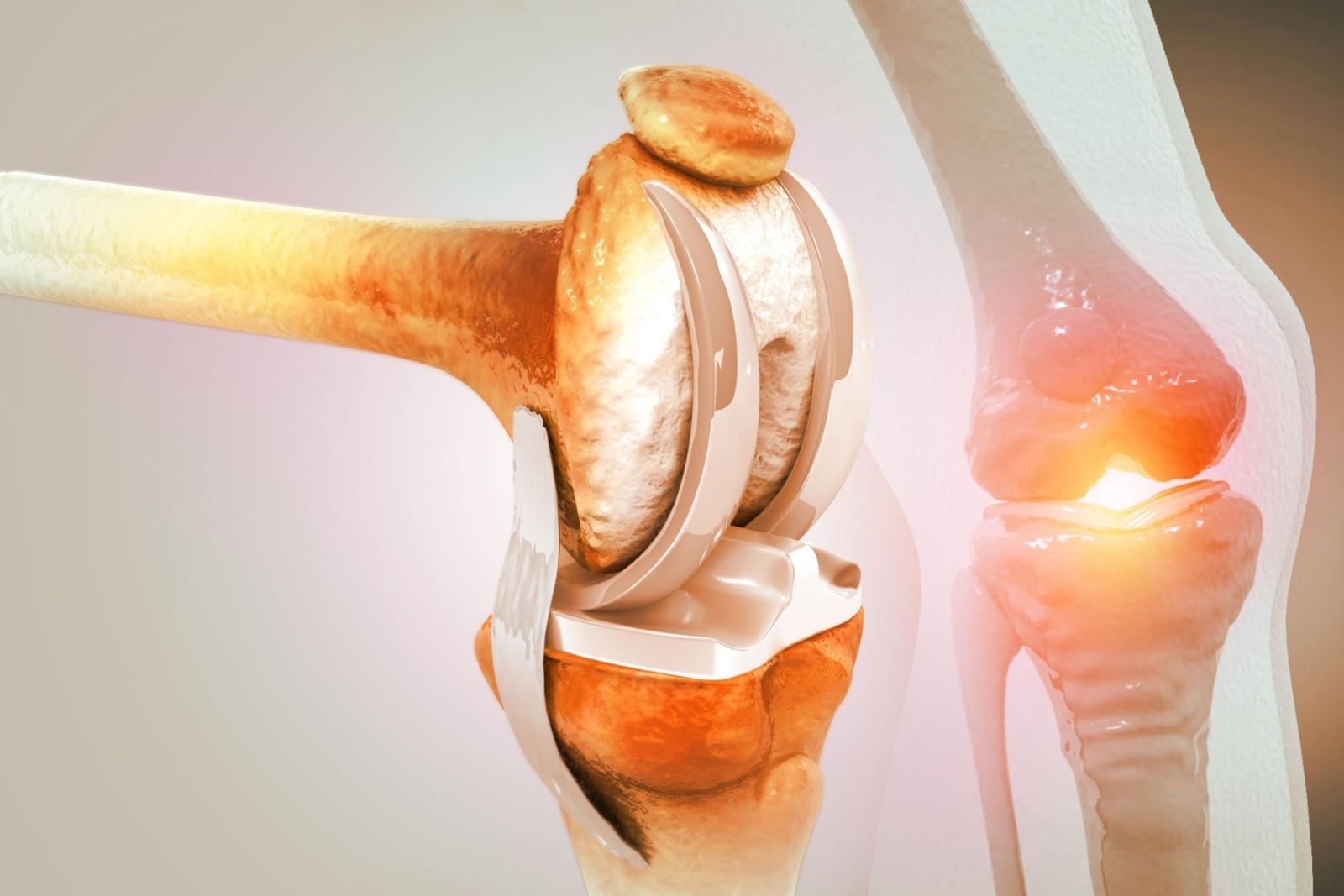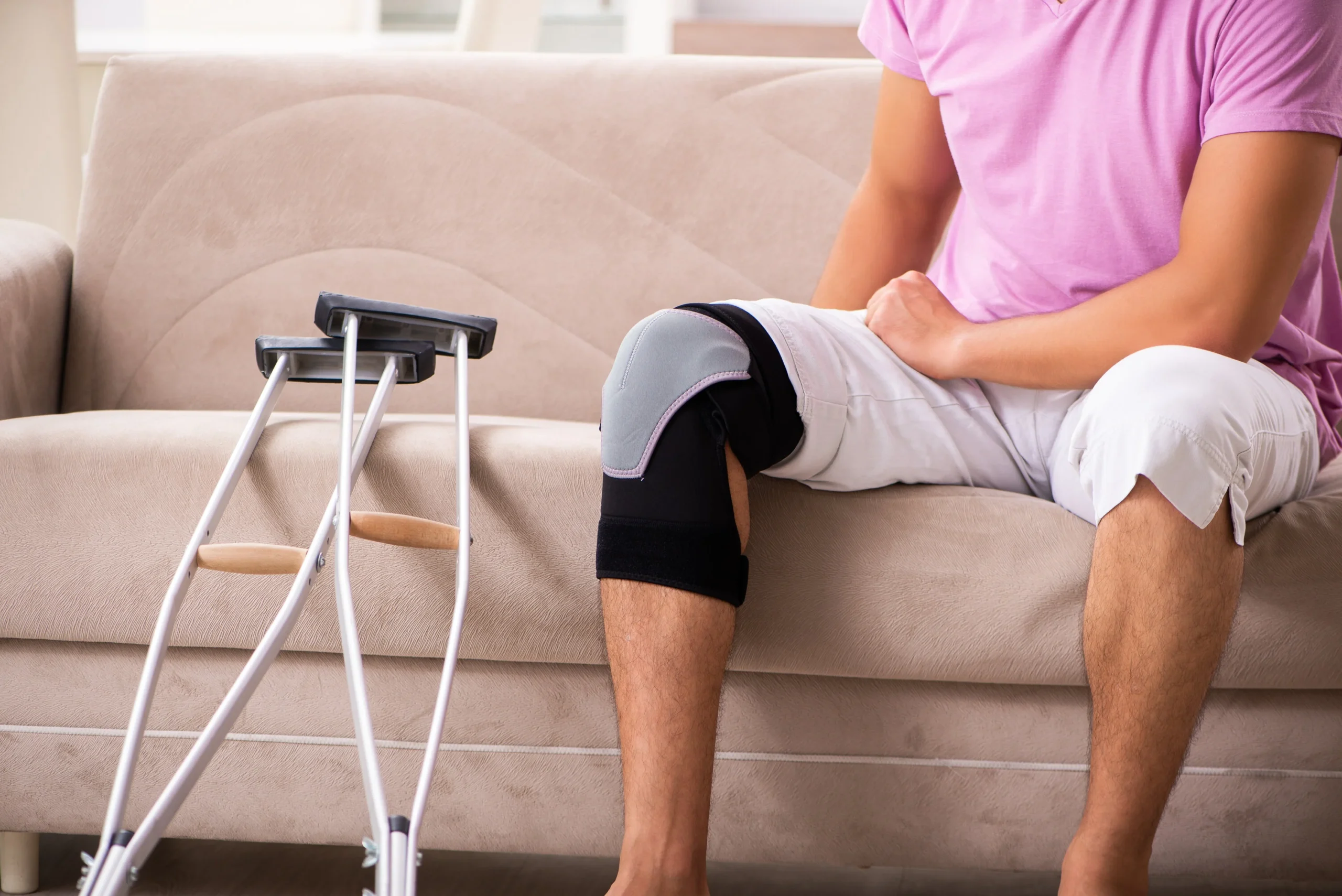
Navigating the path to recovery after Knee Replacement Surgeon in Kolkata, a city renowned for its advanced medical care, begins with effective pain management. As someone who has personally undergone knee surgery here, I've experienced first-hand the critical role that pain control plays in recovery. It's not just about alleviating discomfort; it’s about enhancing your body's ability to heal and regain function swiftly and safely. In this blog, I'll share a comprehensive guide to managing post-surgical pain, combining professional advice from leading surgeons and my own recovery journey.
Pain after surgery is your body’s natural response to the physical trauma of surgery. More than just a feeling, it involves biological, psychological, and emotional factors. According to studies, over 60% of patients experience significant pain post-operatively, but with proactive and effective management strategies, this can be greatly minimized. Addressing pain properly can prevent complications and accelerate recovery, making it essential for a successful outcome.
Your knee replacement surgeon in Kolkata will develop a personalized medication strategy to manage your post-surgery pain effectively. Here’s a closer look at the typical pharmaceutical approaches:
NSAIDs and Acetaminophen: These are the first line of defense against mild to moderate pain and are effective in reducing inflammation.
Opioids: In cases of severe pain, opioids may be temporarily prescribed. They are powerful pain relievers but must be used judiciously due to the risk of addiction.
Local Anesthetics: Techniques such as nerve blocks or local anesthetic infusions can significantly reduce pain for several hours to days after surgery, often reducing the need for systemic pain medications.
These medications are powerful tools in the pain management arsenal but must be used under strict supervision to manage side effects and ensure optimal dosing.
Incorporating non-pharmaceutical methods into your pain management plan can enhance the effectiveness of medications and support a more holistic recovery:
Physical Therapy: Starting physical therapy early can help improve mobility and decrease pain significantly. It’s not just about exercises; it’s about moving correctly to support healing.
Ice and Heat Applications: Regular use of ice packs can help reduce swelling and numb the pain, while heat therapy can relax and soothe muscles around the joint.
Mindfulness and Relaxation Techniques: Managing the psychological aspects of post-surgical pain is crucial. Practices like mindfulness meditation, progressive muscle relaxation, and controlled breathing exercises can significantly lower pain perception by calming the mind and reducing stress.
Optimal nutrition is crucial for healing and recovery. Incorporating anti-inflammatory foods into your diet can aid in reducing swelling and pain:
Anti-inflammatory Foods: Turmeric, ginger, berries, and leafy greens contain compounds that help reduce inflammatory responses in the body.
Protein-Rich Foods: Adequate protein intake is essential for tissue repair. Include lean meats, beans, and dairy products in your diet.
Hydration: Keeping hydrated helps maintain optimal cellular function and is crucial for recovery. Aim for clear urine to gauge adequate hydration.
By understanding these strategies and preparing both your body and environment for the recovery process, you can tackle post-surgical pain more effectively and pave the way for a quicker return to your everyday life.
Leveraging technology can significantly streamline your recovery process after knee surgery. Here are a few ways tech can assist:
Medication Tracking Apps: These apps can help you keep track of your pain medication schedules, ensuring you take the right dose at the right time to manage pain effectively.
Rehabilitation Apps: Certain apps are designed to guide you through your physical therapy exercises, offering step-by-step instructions and videos right at home.
Pain Level Monitoring Apps: By regularly logging your pain levels, these apps can provide actionable insights to your healthcare provider, allowing them to adjust your pain management plan as needed.
These digital tools not only keep your recovery on track but also empower you to take control of your healing process, making it more manageable and less overwhelming.
A supportive environment is crucial for recovery. Here are some tips to prepare your home and ensure you have the support you need:
Home Preparation: Before surgery, arrange your living space to minimize risks and stress. Remove trip hazards, install grab bars in the bathroom, and perhaps invest in a shower chair and a comfortable recliner.
Support Network: Engage family and friends to help with daily tasks like cooking, shopping, and cleaning. Emotional support is equally important, so keep close contact with loved ones.
Professional Help: Consider hiring a professional caregiver for the initial days post-surgery if you anticipate needing more intensive help.
Creating a healing environment at home and having a robust support system can profoundly affect your comfort and ability to recover swiftly.
As we conclude, I invite you to reflect on these strategies and consider how they might fit into your recovery plan. Managing pain after knee replacement surgeon in Kolkata is a critical step on the path to regaining your mobility and enjoying life’s daily activities without discomfort.
I encourage you to share your own stories and insights in the comments below. What worked for you during your recovery? Do you have other tips that might help fellow readers? Engaging with each other’s experiences not only enriches our community but also provides support and encouragement to those walking this path after us.
Remember, every step you take in managing your pain effectively is a stride towards a more active and fulfilling life. Let’s support each other in making pain management after surgery less daunting and more empowering. Here in Kolkata, we’re in this together—let’s move towards a pain-free future with confidence and hope!

Getting a new hip or...

Sleep plays a vital role...

Knee replacement surgery is supposed...

Living with constant knee pain...
If you're considering knee replacement...